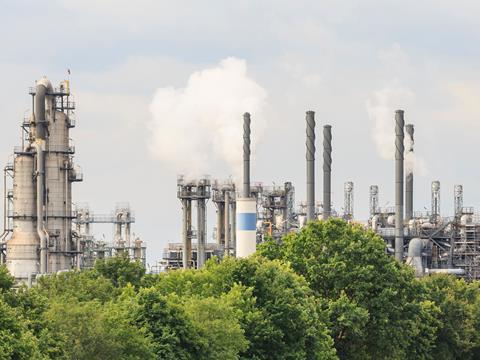
The Polyolefin Circular Economy Platform (PCEP), a body representing organisations and stakeholders in the polyolefin value chain, has called for investment decisions taken as part of the EU recovery package to be focused on delivering the circular economy.
Mark Vester, chairman of PCEP, said: “Our members remain fully committed to the transition to a circular economy for polyolefins, with all the activity across the value chain that this entails. Maintaining healthy waste management and recycling sectors are critical stepping stones towards a more circular plastics value chain. We need to invest in forward-looking infrastructure that will accelerate the transition to circularity.”
It is the organisation’s view that market developments caused by the COVID-19 pandemic and hampered by the low prices of virgin materials and oil are putting pressure on business continuity for many actors in the polyolefin value chain. PCEP believes that as we look at how to build Europe’s recovery, we must continue to look at all actions needed to build a sustainable circular economy with an equal playing field for all materials.
Investment today in recycling technologies, PCEP says, and better collection and sorting infrastructure, is vital. It believes that any loss of current and future capacity at these key points could slow down the transition to the circular economy.
Venetia Spencer, PCEP secretary-general, commented: “Now, more than ever, we all need to work together to deliver the circular economy. Working collaboratively on enhancing business at every step of the value chain is the only way to create conditions for a more sustainable polyolefin industry.
“At PCEP we are committed to the transformation to a circular economy by designing out waste, keeping products and materials in use, and increasing the volumes of recycled polyolefins into high-quality new raw materials. Europe is a global leader in the circular transition, and we must stand by our convictions in our recovery investment choices.”













